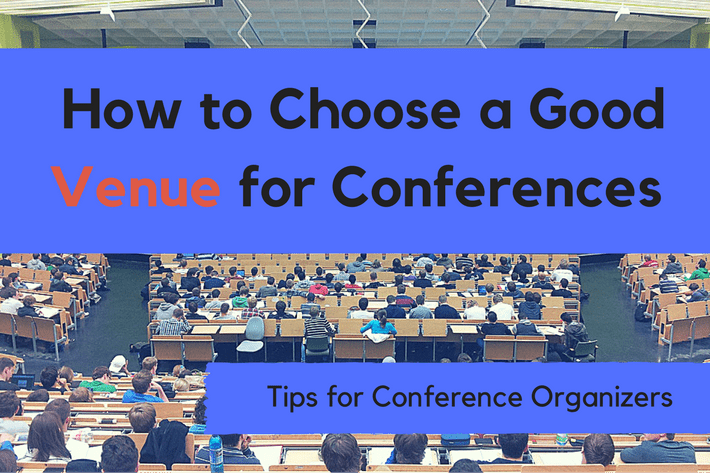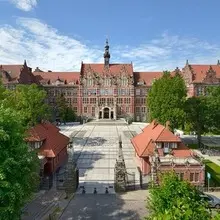
Tips for conference organisers: How to choose a good venue for conferences
Read a summary or generate practice questions using the INOMICS AI tool
If you're thinking about organising a conference or workshop, then there are a ton of different issues for you to consider. Who will your speakers be? How many people will you invite? How far ahead do you need to start planning? There's a lot to keep in mind!
But there's an important factor in how successful your conference is which can be easily overlooked, and that is the location that you choose. A good location will make attendees feel comfortable and encourage them to engage productively, while a bad location can be isolating and off-putting. More than just a matter of convenience, the right venue will make or break the atmosphere of your conference.
So how do you choose a good venue?
1. Location, location, location
If you want people to attend your conference, then you need to hold it somewhere that's easy to travel to. Usually, that means in a large city with plentiful transport links. If you're expecting international guests then you need to make sure it's easy to get to your location from the nearest airport. You should consider is the price of transport in your area, as if transport is cheaper, more people will be able to fit a trip to your conference into their budget.
Another issue to consider when choosing a city to host your conference is the amenities that the city offers. Your attendees will need somewhere to stay, so hotels and hostels at a variety of price points are required. You also want to host in a city which has some interesting cultural trips and experiences to offer, so that attendees can amuse themselves in their time off. Finally, don't underestimate the importance of good places to go out for food and drinks in the evening – these after-hours social occasions can be some of the most memorable and enjoyable parts of a conference.
2. Find the right conference centre for your needs
Conferences are generally held in university buildings, which have the advantage of being cheap or free to hire for internal events, and usually have plenty of rooms for you to spread out in. Make sure that you pick a venue with an appropriate sized room for the number of people attending your conference. Too many people squeezed into a too-small room is stressful and overwhelming, while having just a few people in a huge room feels uncomfortable.
Don't forget the requirements for necessities like bathrooms, places for tea or coffee, and the availability of smaller rooms for workshops or small groups. If you are not planning to organise catering for the conference then you'll need to check if food is available nearby for lunch. Remember, you'll be hosting visitors from out of town who won't know the area, so make recommendations for nearby cafes and restaurants and offer to show people the way if they need it.
3. Consider the technical requirements of conferences
You should bear in mind the practical requirements of a conference centre. One thing to consider is the temperature, both outside and inside. Does your venue have heating and/or air conditioning? Being too cold or too hot during a conference can be distracting and unpleasant.
You will also need to think about technical requirements, such as whether your chosen room has a projector and screen which can be used for presentations. Is there somewhere for laptops to be plugged in – both the speaker's and the audience's? If your conference is for more than a small handful of people, you will need a sound system of some kind, so that speakers can be heard across the room.
Bear in mind the needs of disabled visitors too. Check whether your venue is wheelchair accessible, and consider the needs of visitors who have limited vision or are hard of hearing. Making accommodations for disabilities will make your conference more welcoming and more inclusive.










